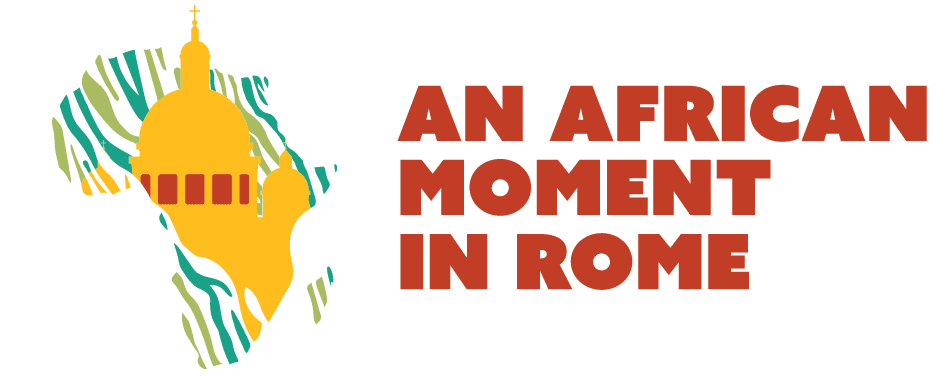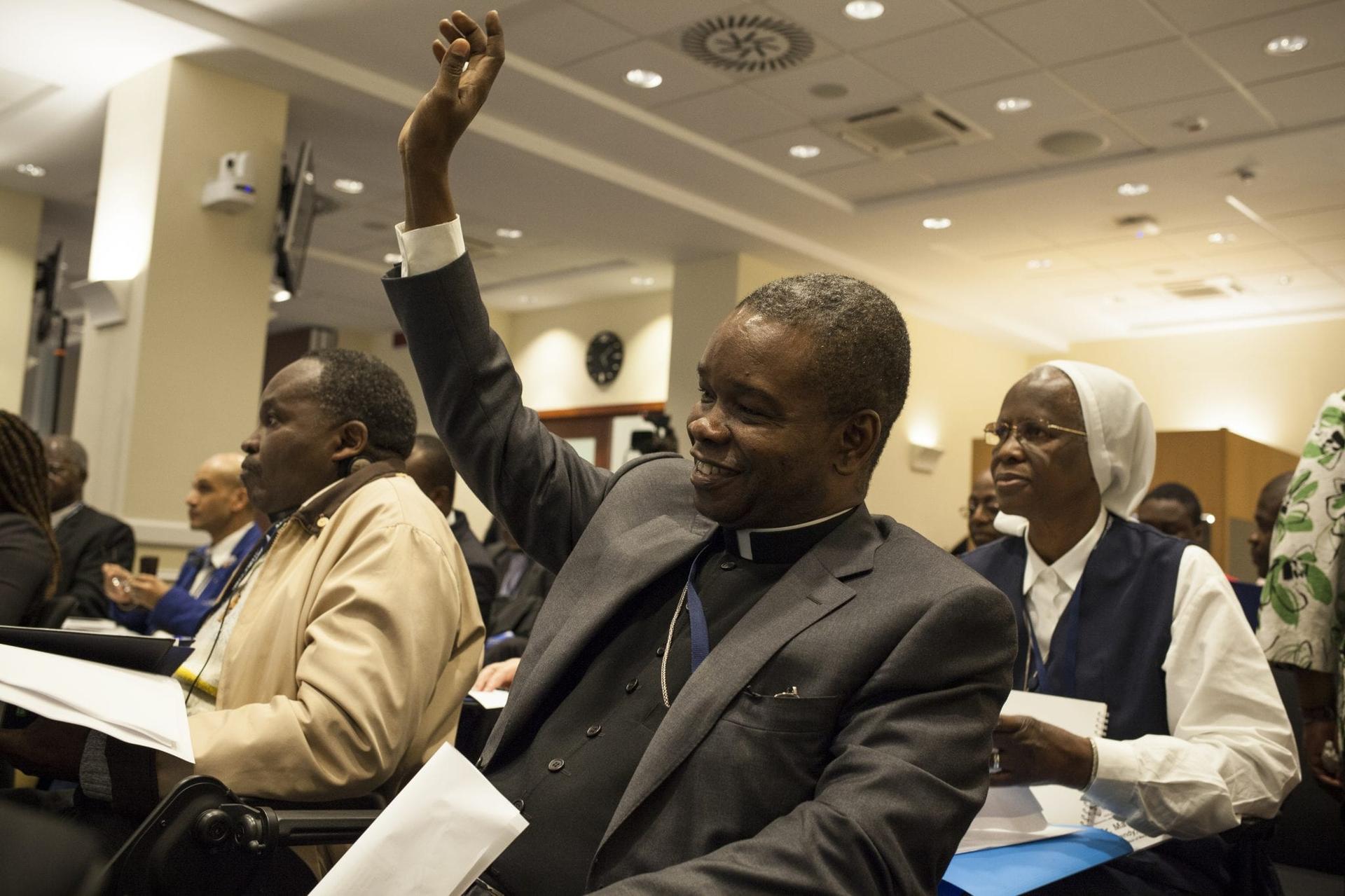ROME–  Racism in Africa has a long and bloody history, born not only from years of colonization, but also from deeply rooted ethnic and tribal divisions. From its experience, the African continent can offer guidelines when it comes to addressing racism: have a sense of humor, be united and be resilient.
Racism in Africa has a long and bloody history, born not only from years of colonization, but also from deeply rooted ethnic and tribal divisions. From its experience, the African continent can offer guidelines when it comes to addressing racism: have a sense of humor, be united and be resilient.
“Resilience in the face of discrimination is something that Africa can teach the world,” Nigerian Archbishop Fortunatus Nwachukwu, the Vatican representative to Nicaragua, told Crux.
Black people in Africa have faced discrimination and hostility due to racism for hundreds of years, one only needs to think of the Apartheid system in South Africa. But Nwachukwu insists that when talking about Africa, the correct term is ethnocentrism.
“In Africa we don’t speak of racism, we are now speaking of ethnocentric discrimination based on ethnic or sectional affiliation,” Nwachukwu said. “The challenge is that ethnicity is deep-seated, and the ethnic group is a measure of value.”
In a statement released March 10, the Catholic Bishops’ Conference of Nigeria recognized the “rising profiles of ethnic militias and their increasing destructive violence against our commonwealth. We have witnessed a rise in the politics of identity with our people retreating to the womb of ethnicity.”
While pointing out the horrible massacres that took place in Rwanda in the 1990’s, the inter-ethnic violence that shook Kenya in 2007, and the ongoing cases of violence in Cote d’Ivoire, South Sudan and Nigeria, Nwachukwu recognized the role of the Church when it comes to ethnic and racist issues.
“There is an ethnocentric discrimination within the Catholic Church,” Nwachukwu confirmed. The archbishop cited as an example the dioceses in Nigeria and Sierra Leone, which have been left vacant due to ethnocentric biases against appointed bishops.
Nwachukwu is the founder of the Aquaviva Foundation, created in the Diocese of Aba, Nigeria. Its major goal is fighting negative prejudices and discriminations based on ethnic origins or sectional and similar affiliations within the Church and in the society.
To do so, Nwachukwu said, “A sense of humor is a system used by many Africans to appreciate beauty and see through the nature of things. Some Africans have learned this and are able to tell others.”
Yet laughter will not solve all problems related to racism. The real challenges for fighting ethnocentrism – according to Nwachukwu – are corruption, violence, and bad leadership.
To combat and address these challenges, Nwachukwu called for a “renewal of evangelization” so that cohesion under Christian unity may overtake ethnic differences.
During his presentation at the conference on “African Christian Theology: Memories and Mission for the 21st century” that took place in Rome March 22-25, Nwachukwu warned that ethnocentric biases make “people think that the blood of ethnicity could be thicker than water of baptism.”
“When ethnicity degenerates into ethnocentrism and forms of negative prejudice and discrimination, it is a mark of failure in leadership. The antidote to this pathology is a leadership borne out of courage and vision; one that inspires hope,” he added.
Nwachukwu called for a new leadership within the Catholic Church, as well as a dedicated attention to the formation of priests and nuns so that they may be prepared to handle and address the issue.
“When a priest becomes ethnocentric, he betrays his religious identity,” Nwachukwu told Crux.
In his presentation, the archbishop underlined the importance of preparing priests who live in the West or other countries to be conscious of racial bias and make sure not to bring that attitude back home.
“It is not uncommon to find a priest who complains of what he considers a discriminatory treatment he received while studying or serving pastorally in the West,” Nwachukwu said.
This was certainly true for Father Charles Muorah, associate pastor in Marlton, New Jersey, who originally came from Nigeria.
“As a priest in a church where I have served for seven years, people still mistake me for the janitor. People have called the cops on me saying, “there is a black man in the church,’” Muorah told Crux.
“That speaks volumes. People that I have lived with and worked with for seven years now still see me as the foreigner,” he added.
Racism in the United States has taken a central position in the political debate in the country due to endemic and unresolved tensions that resulted in the rise of police brutality and consequently the Black Lives Matter movement.
“I am a black in America,” Muorah said. “The black man in America has been so disfigured that you wake up in the morning and are not sure of yourself. You walk down the street and you are not sure whether you can go back home. You go to bed at night and you brain is in constant turmoil: am I a mistake? Am I in the wrong place?”
Muorah insists that unity and cohesion among victims of racial bias offers a solution.
“It is a systemic problem in need of a structural response. But we do not have a unified force, when you are singled out then you are destroyed,” he said.
Nwachukwu does not believe that the realities in America and in the African continent are in any way different.
“Racism in the United States and ethnocentrism in Africa are the same thing,” he said.
After all both represent a common inability to tackle and manage differences, the archbishop said.
“Differences are a part of God’s plan, those who are racist are in opposition to God’s original plan,” he said.
















